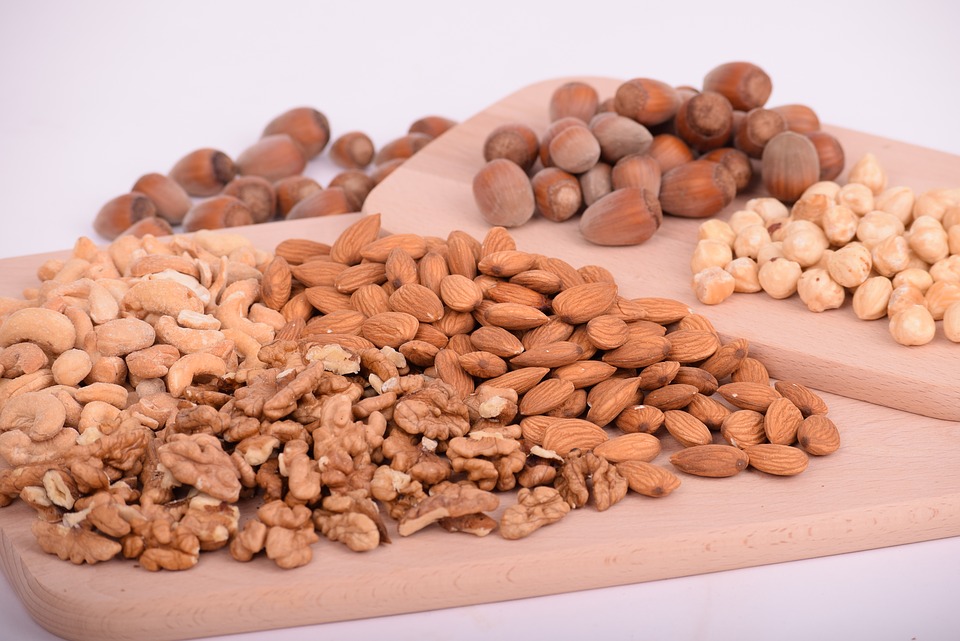Vitamins? Why should we? (Nut 101, Review Part 3)
Got Vitamins?
Since you were small, you’ve probably been told that vitamins are good for you. Did your teachers and parents tell you to…
Eat your fruits and vegetables because that’s where you get VITAMINS!
So, why should we eat those foods that provide us with vitamins?
Vitamins are nutrients that help our body utilize proteins, carbohydrates, and fats in our daily bodily functions. Vitamins are essential for normal growth and development.
I hope you won’t leave me now. This sounds boring, but it’s really important! We’re going to focus on how each vitamin helps your body and what foods are good sources.
Vitamin A is needed to support healthy growth and development–particularly in the areas of vision, bone growth, reproduction, cell function, and the Immune System.
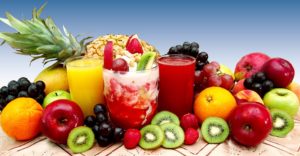
Sources–colorful fruits and veggies, liver, and whole milk. Sometimes Vitamin A is added to cereals.
Vitamin B is more complicated. There are eight different forms of the vitamin (B1–Thiamine, B2 Riboflavin, B3 Niacin, B5 Pantothenic Acid, B6, B7 Biotin, B9 Folic Acid, B12). All aspects of the B vitamin are important—used in the metabolic process (getting and using energy from our food) and in forming red blood cells. B9 (Folate or Folic Acid) is essential in the making of new cells and is vital for pregnant women. Having inadequate supply of Vitamins B6 and B12 causes anemia.
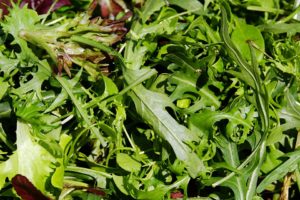
Sources–For Folic Acid (B9)–Leafy greens, fruit, dried beans, peas, nuts, and enriched bread are good choices.
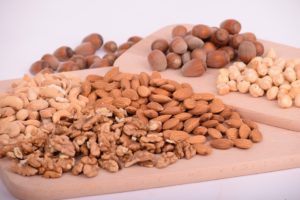
Additional sources for the B vitamin complex include fish, poultry, meat, eggs, dairy products, leafy greens, beans,and peas. Many breads and cereals are fortified (have added B Vitamins).
Vitamin C is important for skin, bone, and connective tissue development. This essential vitamin also promotes healing and helps the body absorb iron.
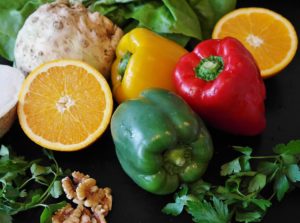
Sources–Fruits and vegetables, particularly citrus fruits, red and green peppers, broccoli, and greens. Some juices and cereals have added Vitamin C.
Vitamin D helps our bodies absorb calcium (one of the main building blocks of bone). Lack of Vitamin D can contribute to osteoporosis or rickets. Vitamin D also functions in growth, development, and function of nerves, muscles, and the immune system.

Sources–Exposure to the sun (use sunscreen for protection), egg yolks, saltwater fish, and liver. Milk and cereal are often fortified with Vitamin D.
Vitamin E is necessary for good immune health and our metabolic process (providing and using energy).

Sources–Vegetable oils, margarine, nuts and seeds, and leafy greens. Vitamin E is sometimes added to cereals.
Vitamin K functions in blood clotting and contributes to healthy bone and tissue development.
Sources–Green vegetables and dark berries.
For most of us, the best way to get our vitamins is to eat a healthy diet with LOTS of…
…you guessed it— FRUITS and VEGETABLES! Of course, eating a balanced diet of fruits and vegetables, lean proteins, low-fat dairy, and healthy fats will provide most of us with all our needed nutrients, including vitamins. Vitamin supplements are recommended for pregnant women and may be needed for certain populations (i.e. children or the elderly).
